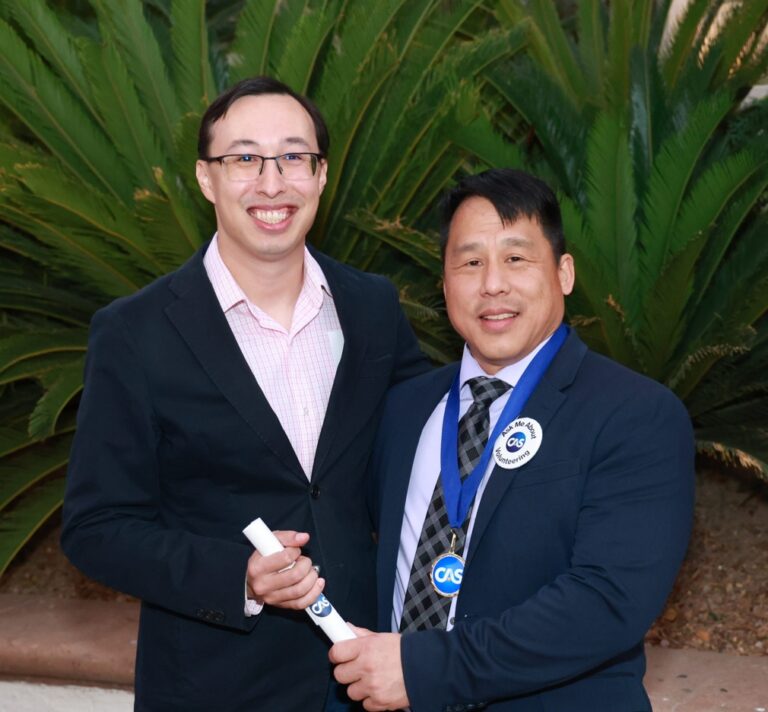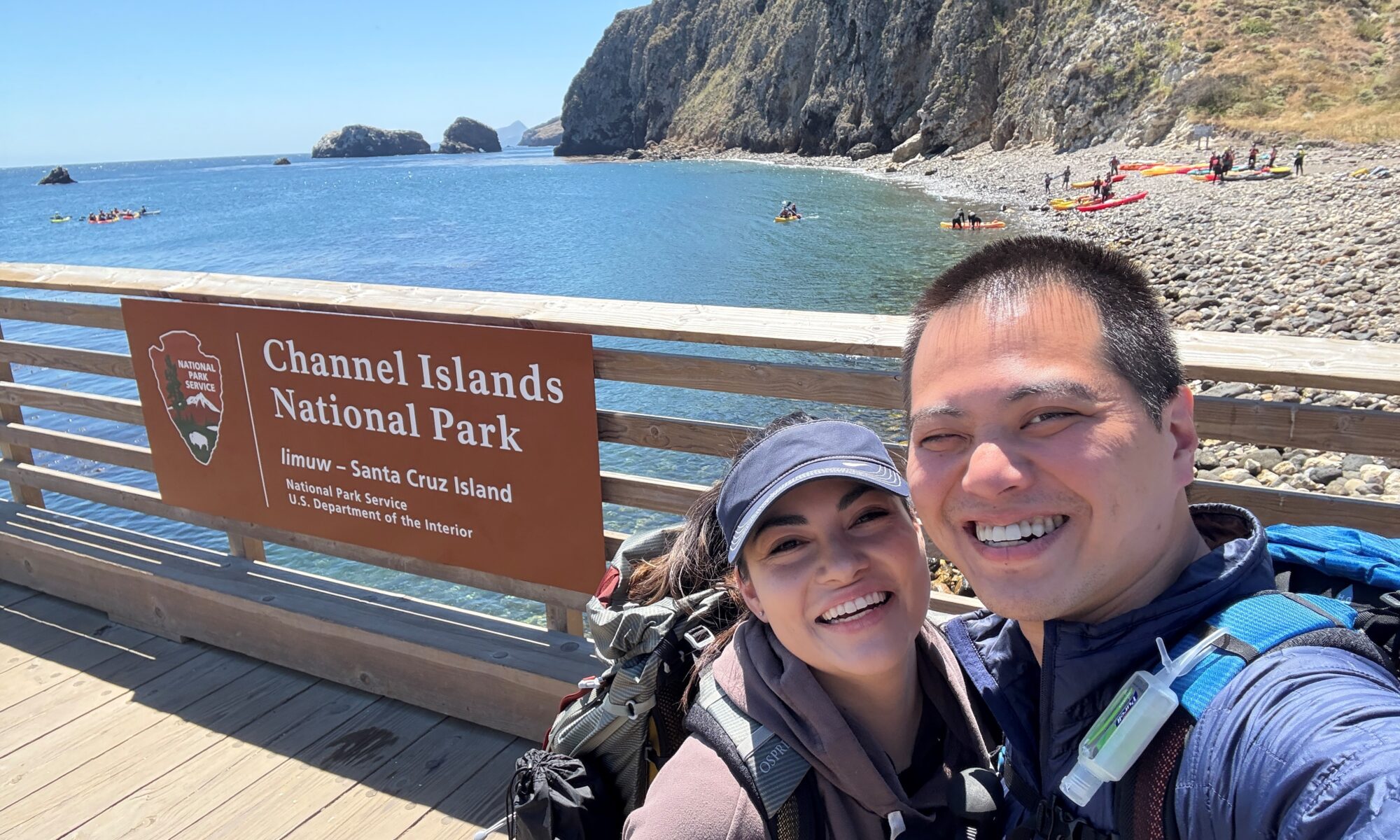
The Making Things Happen column features CAS and iCAS members who serve the associations in many capacities and enrich the volunteer experience for all.
When it comes to continuing education, actuarial professionals know that staying current is a lifelong commitment. Yet traditional formats — conferences, day-long seminars, and long-form online modules — can sometimes feel daunting in an era when information is consumed in short bursts. The Microlearning Working Group, a volunteer-driven initiative of the CAS, was created to explore new approaches to professional learning that are more flexible, accessible, and responsive to actuaries’ needs.
Keith Quigley is volunteer chair of the group. In his role, Quigley is helping shape the group’s mission and guide its early initiatives. “This is my third year being part of the Microlearning Working Group,” says Quigley. “I’ve only worked in a small slice of actuarial work, and I’ve always been curious about what all the profession offers. It made sense to me to volunteer with a Professional Education working group, and I liked the idea of the microlearning course structure.”
“Even during exam crunch time, I was never someone able to buckle down for a marathon study session to prepare for an exam,” says Quigley. “It always worked better for me to split my studying into shorter segments, so I could focus better. Microlearning brings this idea into the learning material itself, covering a bigger concept with short, bite-sized chunks of content. Research has shown this approach helps to increase attention and improve retention of the material.”
The Microlearning Working Group is focused on delivering education in short, targeted formats that can be consumed in just a few minutes at a time. These “bite-sized,” 8- to10-minute learning experiences — whether videos, podcasts, or interactive exercises — are designed to fit seamlessly into an actuary’s day. “We reach out to subject matter experts knowledgeable in an area we want to create a course for and work with them to create the course materials,” says Quigley.
The group’s overarching goal is to make learning more approachable and immediately applicable. Rather than replacing traditional conferences and seminars, microlearning is intended to complement them by offering ongoing, accessible opportunities for professional growth.
As volunteer chair, Quigley plays a central role in defining priorities and coordinating the efforts of a team of volunteers. He emphasizes alignment with the CAS’s broader mission of advancing knowledge and supporting members’ development, while also encouraging experimentation with new formats and technologies.
“Keith is an outstanding volunteer chair whose vision for microlearning has helped shape and guide our efforts in meaningful ways,” says Kris Colvin, CAS instructional designer and staff chair of the working group. “His leadership is both inspiring and collaborative, making him an absolute joy to work with. I truly couldn’t ask for a better volunteer chair.”
The group has some exciting new courses on the horizon, including one about synthetic data. “Synthetic data can be fully synthetic, meaning the data is generated based on assumptions and patterns but isn’t using any real data directly,” says Quigley. “Another way to use synthetic data is by applying statistical techniques to real data, resulting in a dataset with all the same properties, but it is much more anonymized. The hacking incidents over the summer show the benefit this could have in reducing access to sensitive data, while still allowing actuarial techniques.”
The Microlearning Working Group is positioned to expand its efforts and create a growing library of resources that actuaries can access anytime, and the vision is to make learning a continuous process rather than an occasional event. CAS Microlearning is now using Articulate Rise to make its courses more engaging and interactive. Articulate Rise is an easy-to-use online tool that lets the CAS design modern, mobile-friendly lessons that combine short readings, videos, and activities. This helps learners quickly connect with the material in a way that’s flexible and effective.
“Our Microlearning Working Group has built an engaging portfolio of courses that cover a wide spectrum of actuarial practice and professional development,” says Colvin. “Recent offerings include IFRS-17, Excel Ninja Moves, Emerging Risk Survey, Accounting Systems for Actuaries, Catastrophe (CAT) Modeling, and a course on specialty coverages such as surety, marine insurance, as well as modules on unconscious bias. We’re also developing new content on ASOP 23, explaining large language models, Power Query, and communication skills for actuaries.”
Quigley has enjoyed a wide variety of courses himself. “The unconscious bias course is a good example of a high-quality course, and it has the added bonus of showing off what the new e-learning authoring tool is capable of,” says Quigley. “It also counts for bias CE for anyone scrambling to fill that requirement. I like how it gives examples of when different biases might come into play and a case study to show how they can have a real impact.”
Quigley also enjoyed the CAT modeling series that CoreLogic produced. It covers hurricanes but also other catastrophic perils like flood and earthquake. “Hurricane modeling is mature, but watching wildfire modeling become more common in the industry makes me curious about the other perils highlighted in the course and what modeling might end up looking like for those,” says Quigley.
The way the CAS delivers courses is as important as the content itself. “The Working Group is always looking to innovate and experiment with new techniques to make learning interactive and engaging,” says Colvin. “Our goal is to provide CAS members with accessible, forward-looking learning opportunities that fit seamlessly into their busy schedules and help them stay ahead in a changing profession.”
Featured Microlearning Courses
- Catastrophe Modeling Microlearning Series
- Specialty Coverages Micro-learning Series
- Unconscious Bias Micro-learning Series
- Excel Ninja Moves: Functions, APIs & Hidden Shortcuts
- Accounting Systems for Actuaries













